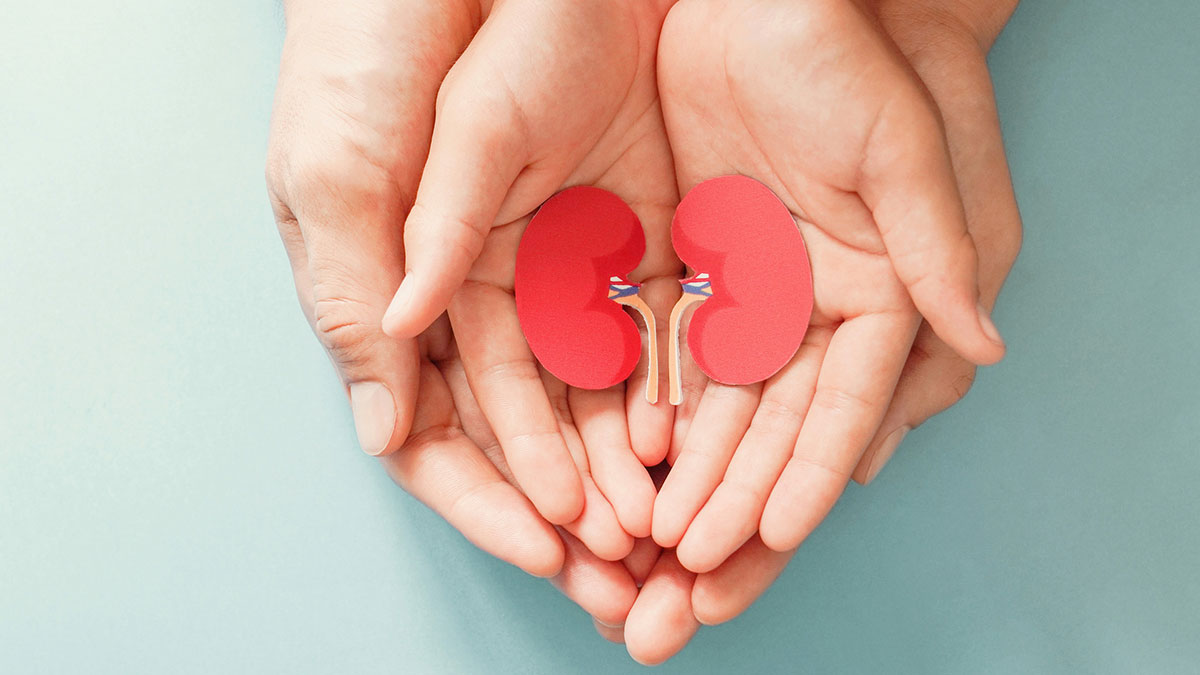With patient randomisation complete, Dimerix locks in Q1 2024 window for part 1 of its Phase 3 FSGS kidney disease trial outcome

Dimerix locks in Q1 2024 window for part 1 of its Phase 3 FSGS kidney disease trial outcome. Image: Getty.
Dimerix has achieved a key milestone in its global Phase 3 Focal Segmental Glomerulosclerosis (FSGS) trial with the last patient of the first 72 patient cohort now randomised, locking in a March 2024 date for interim outcome results.
Dimerix (ASX:DXB) said following recruitment, patients were required to complete the background medication stabilisation period and subsequent re-screening, before being randomised to receive either drug or placebo.
With randomisation of the first cohort of patients complete, the final data collection is scheduled on February 26, 2024.
Part 1 interim outcome is expected to be announced on, or around, March 15, 2024. The trial continues to recruit patients for Part 2 of the trial.
Trial offers hope to FSGS sufferers
The rare kidney disease FSGS creates irreversible scarring in the kidney’s filtering units, leading to permanent damage and eventual end-stage kidney failure, necessitating dialysis or transplantation.
Even after kidney transplantation, 60% of patients experience recurrent FSGS. The disease affects both adults and children as young as two years old, but there are currently no approved drugs specifically for FSGS, resulting in limited treatment options and a bleak outlook.
Total FSGS market size across the seven major markets is estimated to be more than US$3 billion by 2032 driven by ~220,000 FSGS sufferers in those areas and premium orphan drug pricing.
DMX-200 has Orphan Drug Designation from the FDA, EMA, and UK, enabling potential fast track of commercialisation upon successful results.
Phase 3 trial details
DXB’s Phase 3 trial is titled Angiotensin II Type 1 Receptor (AT1R) & Chemokine Receptor 2 (CCR2) Targets for Inflammatory Nephrosis – or ACTION3 for short. The trial is being conducted at over 70 clinical sites across 11 different countries.
ACTION3 is a pivotal multi-centre, randomised, double-blind, placebo-controlled trial of the efficacy and safety of lead drug DMX-200 in patients with FSGS who are receiving a stable dose of an angiotensin II receptor blocker (ARB).
Once the ARB dose is stable, patients aged 18 to 80 years will be randomised to receive either DMX-200 (120mg capsule twice daily) or placebo.
The trial will broaden to 12 to 80 years following the first successful interim analysis. In January the US confirmed inclusion of paediatric adolescent patients aged 12 to 17 was appropriate in the current global trial, recognising its appropriate safety profile.
The trial has two interim analysis points built in that are designed to capture evidence of proteinuria and kidney function (eGFR slope), aimed at generating sufficient evidence to support accelerated marketing approval.
A successful outcome in the first interim analysis outcome would see DXB announce a clinically significant and statistically meaningful improvement in proteinuria in patients on DMX-200 vs placebo and that the trial is continuing to Part 2.
ACTION3 makes fast progress
DXB managing director and CEO Dr Nina Webster said the randomisation of the first 72 patients into our key Phase3 ACTION3 FSGS kidney clinical trial is a major milestone for DXB.
“The first patient in the trial was randomised in July 2022, meaning Part 1 randomisation of patients in a rare disease has taken only 12 months,” Webster said.
“We are delighted to be able to now provide clarity on the anticipated Part 1 data timing.
“FSGS patients today face poor outcomes with limited medical options, and on success, DMX-200 could be a significant advancement in the treatment of FSGS as well as the first approved treatment available to the FSGS community.”
This article was developed in collaboration with Dimerix, a Stockhead advertiser at the time of publishing.
This article does not constitute financial product advice. You should consider obtaining independent advice before making any financial decisions.
Related Topics

UNLOCK INSIGHTS
Discover the untold stories of emerging ASX stocks.
Daily news and expert analysis, it's free to subscribe.
By proceeding, you confirm you understand that we handle personal information in accordance with our Privacy Policy.








